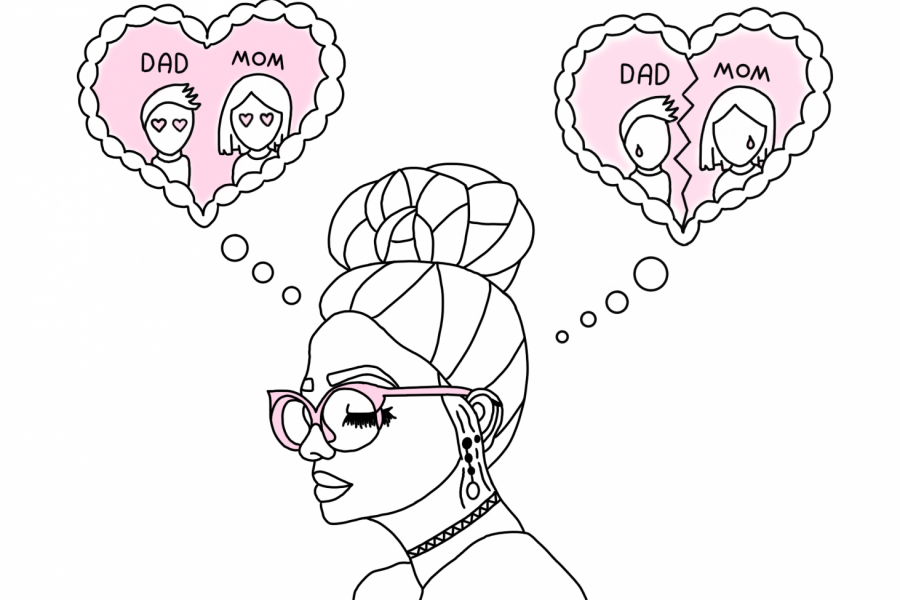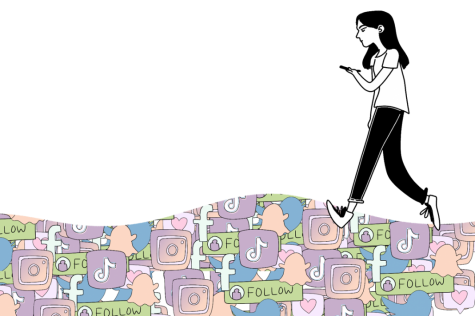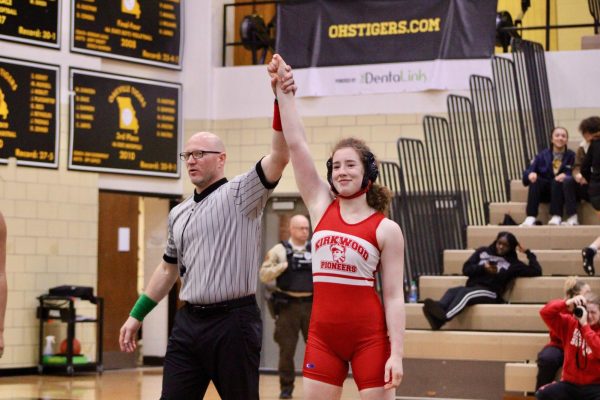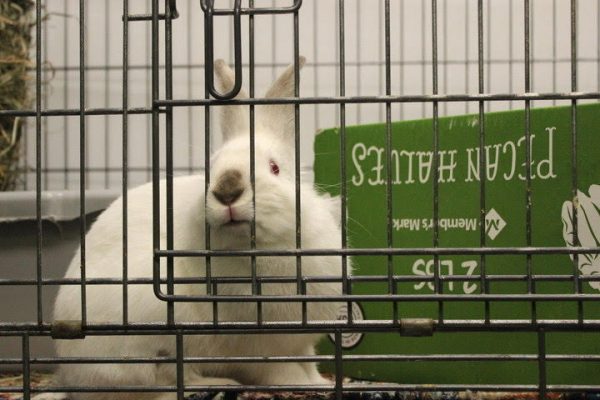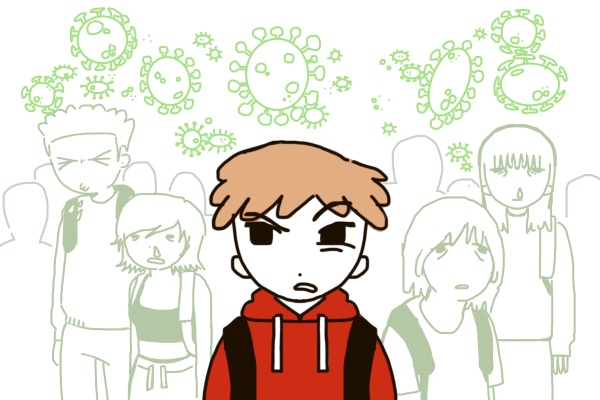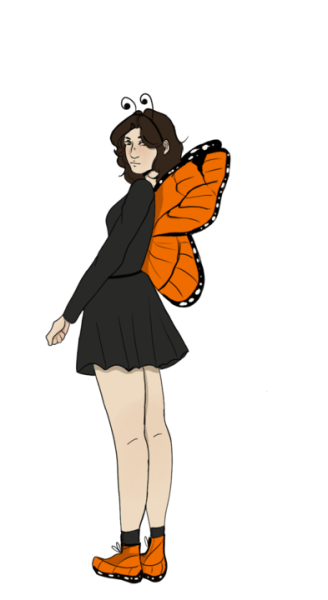The Brain Issue: Love at first fight
Dating types exist, and our current partners are more likely to resemble our exes than we would care to admit.
We have all heard it.
“They are nothing like my ex.”
“He treats me so much better.”
“This one is different, I promise.”
“I would not make that same mistake again”
And we have all rolled our eyes. Dating types exist, and our current partners are more likely to resemble our exes than we would care to admit. In a study published in Proceeding of the National Academy of Sciences, the University of Toronto’s Yoobin Park and Dr. Geoff MacDonald interviewed hundreds of current and ex partners and found that more often than not, current and former partners share personality traits.
In an article written by Dr. Lisa Firestone, she said “types” are less often about humor or smile, and more about qualities our subconscious notices. During an initial conversation someone may be assertive or dominant, appealing to our subconscious brain. These underlying traits may be familiar and comfortable after experiencing similar relationship dynamics in childhood, according to Katie Willard Virant, clinical social worker.
“Our brains are wired to seek the familiar and think twice before engaging with the unfamiliar,” Willard Virant said. “How we interact with our early caregivers sets a template in our minds for what we look for [and] what we find comfortable in relationships. Those early years of growing and learning sets us up for how we’re going to [act] in relationships as adults.”
These relationship templates, Willard Virant said, often are based off of how strongly individuals are emotionally attached to caregivers as young children. Kids securely attached, in a healthy emotional relationship where they feel valued, are more likely to have a “type” that meets their emotional needs, creating healthier romantic relationships.
“When securely attached, [more often] you feel your needs are met, your emotions are understood and accepted, and you feel when you have a problem it’s going to be addressed,” Willard Virant said. “Then they go out into the world and believe ‘I have these needs, my needs are legitimate and when in relationships people should meet those needs’ because that’s what they’re used to.”
On the other hand, she said children who lack proper attachment to their caregivers are likely to develop either preoccupied or avoidance attachment. Preoccupied attachment manifests itself in extreme clinginess, self-doubt and fear of abandonment. Avoidance results in closing yourself off and being uncomfortable with other people’s needs, often resulting in weaker relationships. Familiarity from childhood may then play a part in the types of connections individuals with weak attachments seek.
“Somebody who has self esteem issues [is more likely to be] attracted to a partner that confirms that bias of ‘I’m not valuable, I’m not worth anything,’” Willard Virant said. “That’s what being close [with someone] is to them, there’s something that feels familiar [from childhood] and their brain locks onto that. In a weird way that painful connection feels like love.”
According to Dr. Carrie Medelman, AP Psychology teacher, consciousness plays a large role in connection. Often, one is not consciously aware that they are replicating childhood relationships.
“Your siblings and parents are your first solid core [ideas] of what is to be in a relationship,” Medelman said. “Those [dynamics] are going to be the things, good or bad, that you’re going to be flushing out within your own [adult] relationships.”
According to Willard Virant the Freudian philosophy–that the subconscious repeats childhood trauma in order to work through it–holds validity. In order to overcome traumatic memories or manage unresolved feelings from childhood, one’s subconscious may develop a “type” that stimulates relationships similar to those in their early years.
“Most people in my experience are determined not to repeat things in their family,” Willard Virant said. “Our psyche is turning us toward it again and again and saying ‘darn it, you’re going to figure this out. You’re going to work this through.’”
As unappealing as it may sound, replicating relationships such as one’s parents, healthy or unhealthy, does not always end badly, Willard Virant said. These relationships can help individuals overcome trauma and allow for resolution.
“Partners, when they are willing to do the work and understand themselves and understand their partner, can [find] a way to understand how to work together to consciously change [unresolved issues] and develop a feeling of connection,” Willard Virant said. “It can be very healing and empowering.”
Although the basis of “types” in relationships often remains unconscious, Willard Virant said she believes it is possible to change relationship habits. To her, self-reflection is key.
“I would challenge people who know what their type is to really explore that within themselves,” Willard Virant said. “[Ask yourself], ‘Why might this be my type?’ This can lead to a lot of self knowledge and [bringing] some unconscious stuff up into consciousness.”
Your donation will support the student journalists of Kirkwood High School. Your contribution will allow us to purchase equipment and cover our annual website hosting costs.

Interests: Volunteer work, books, overthinking, Disney movies, true crime documentaries, travel
Favorite musical artist: No artist, but my favorite...
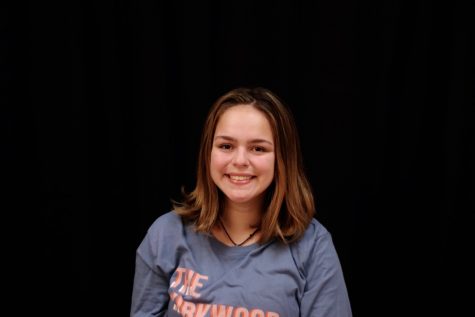
she/her
Favorite Hobbies: Art, Piano, Clarinet, Ukulele, Guitar and hanging with friends
Favorite Song: "Brown Eyed Girl," by Van Morison
Favorite...



